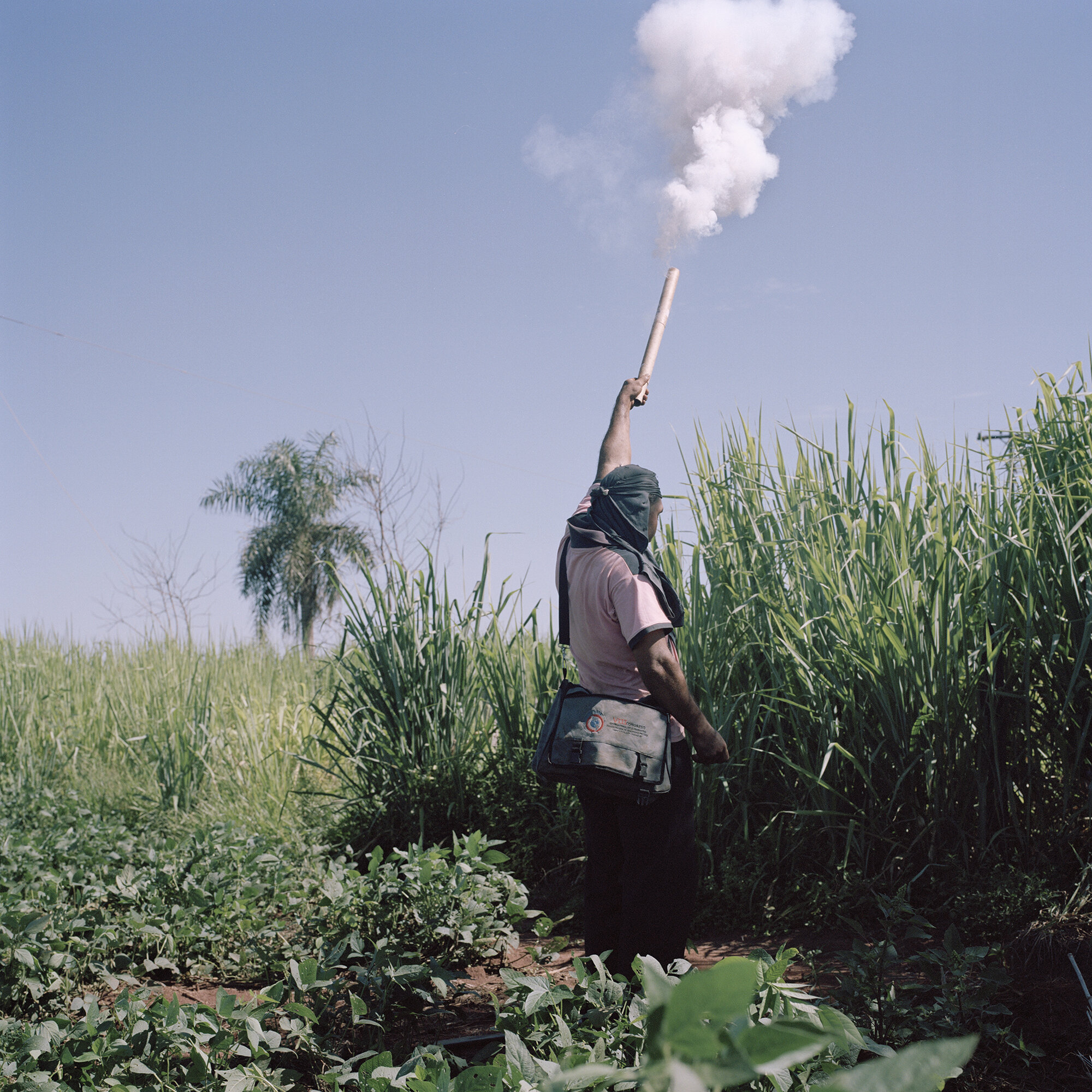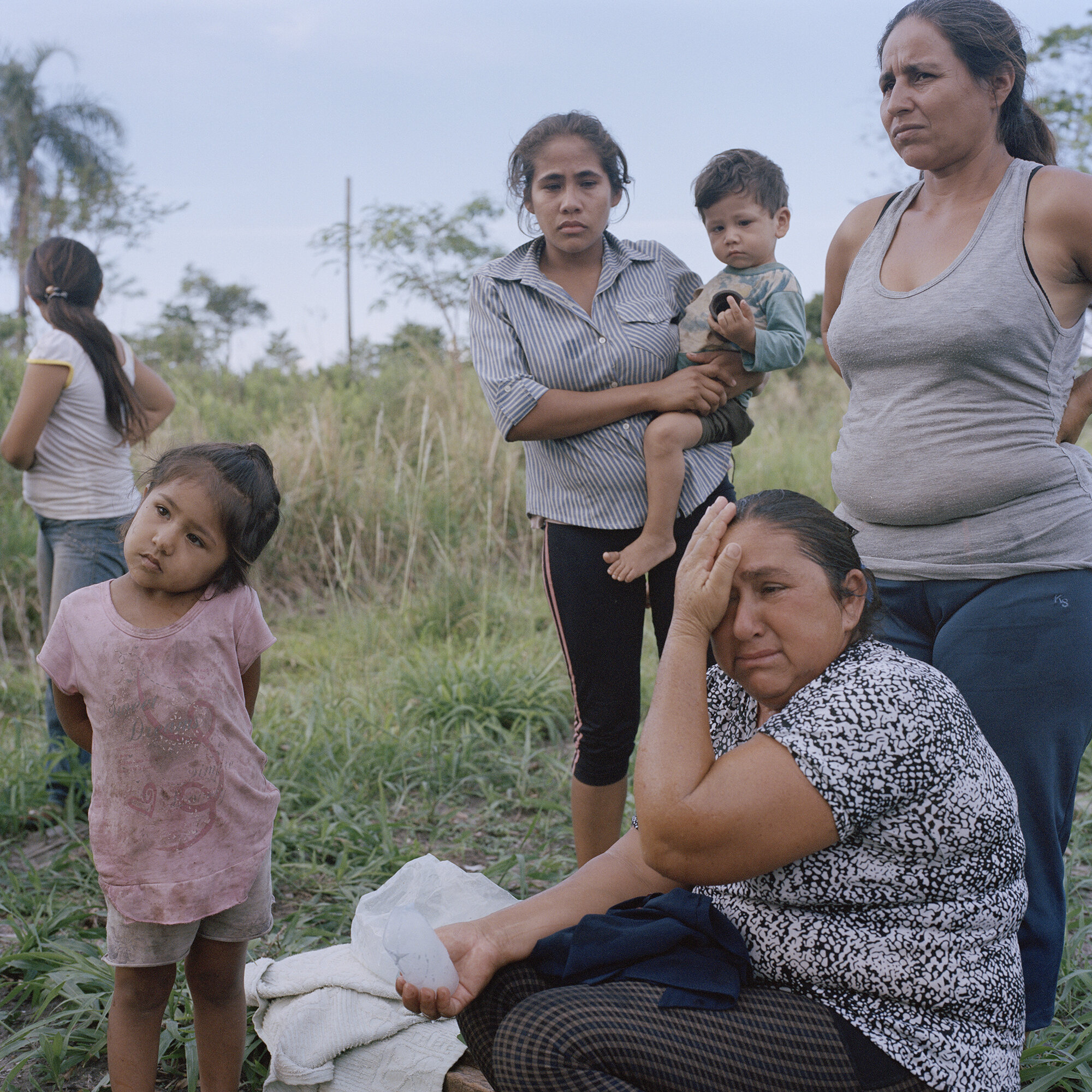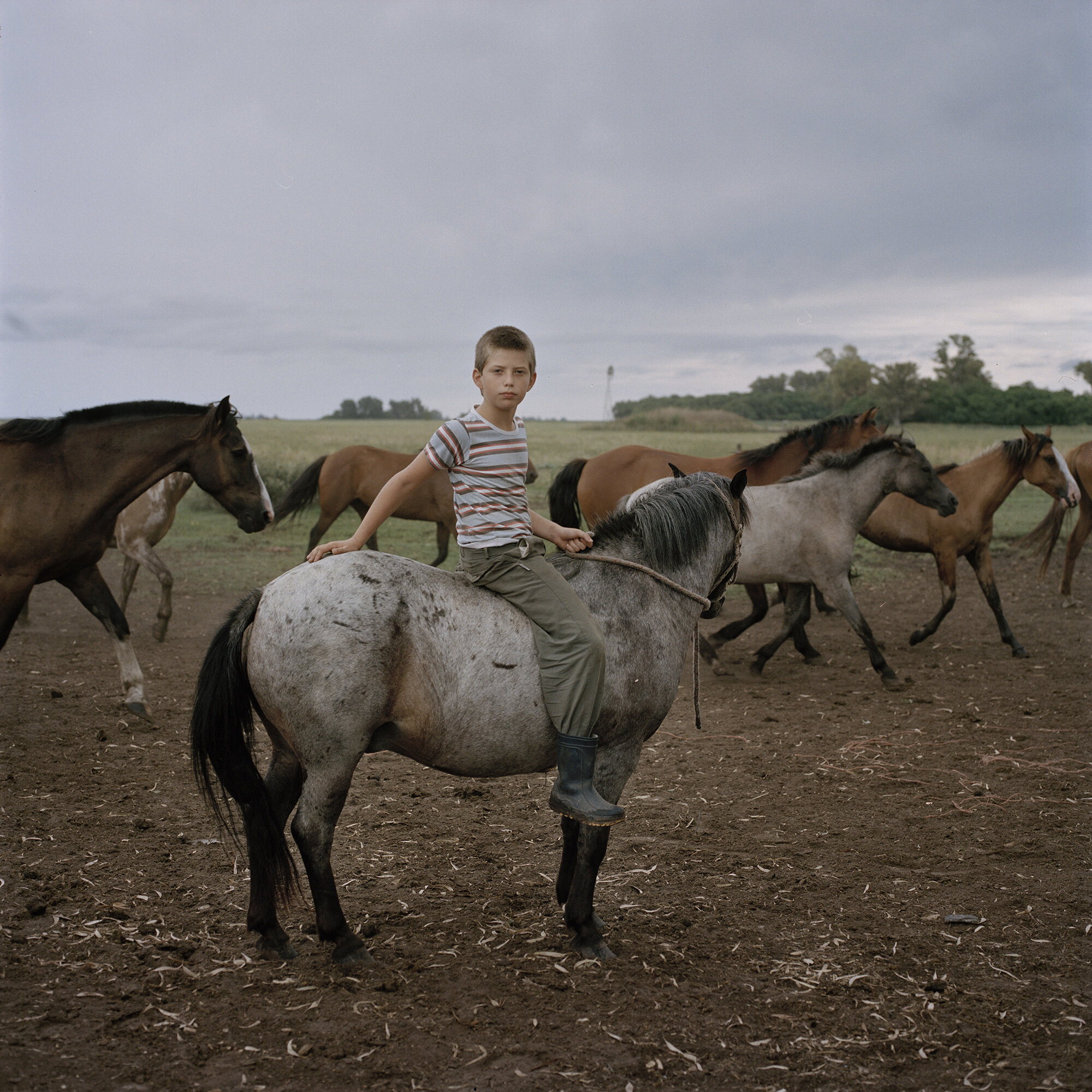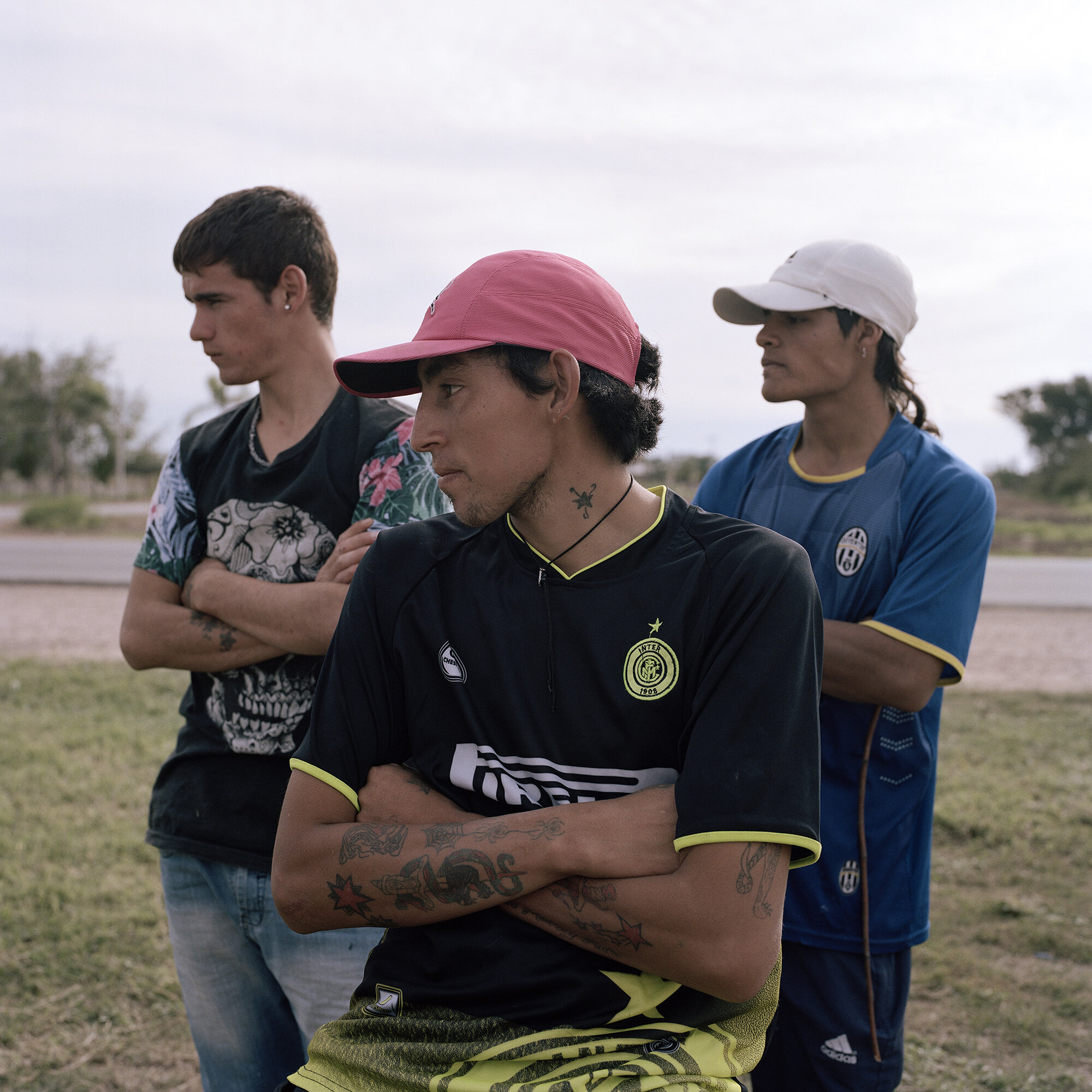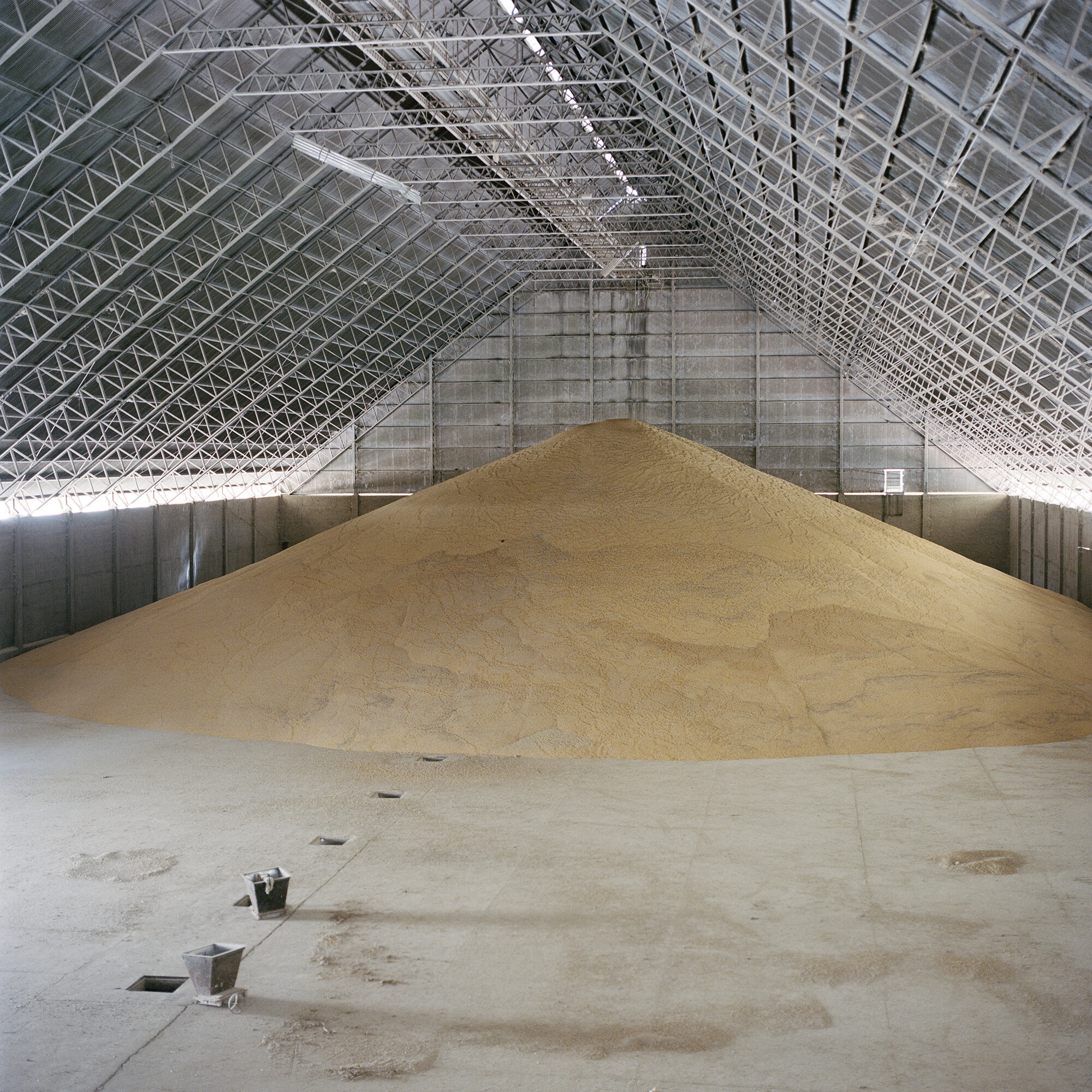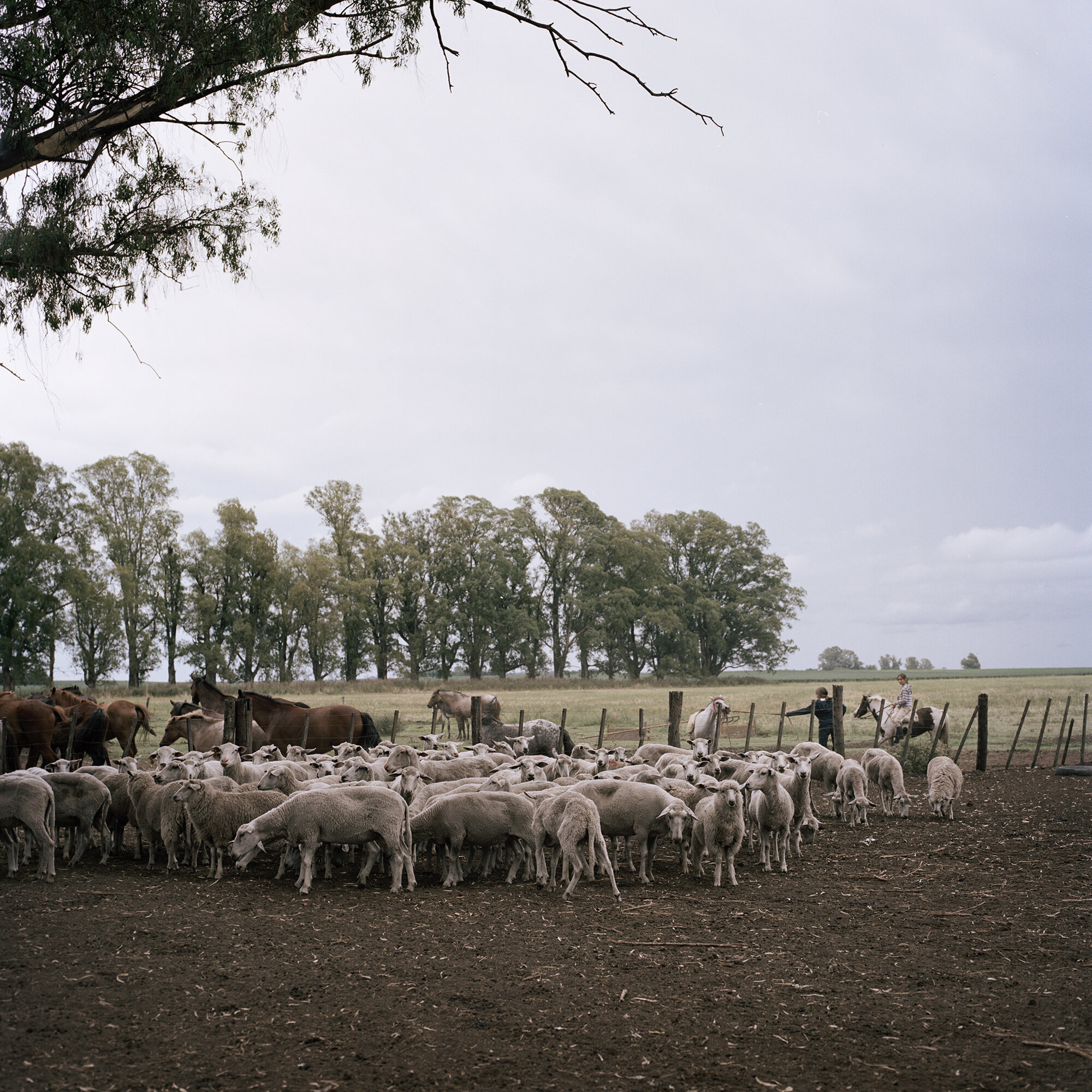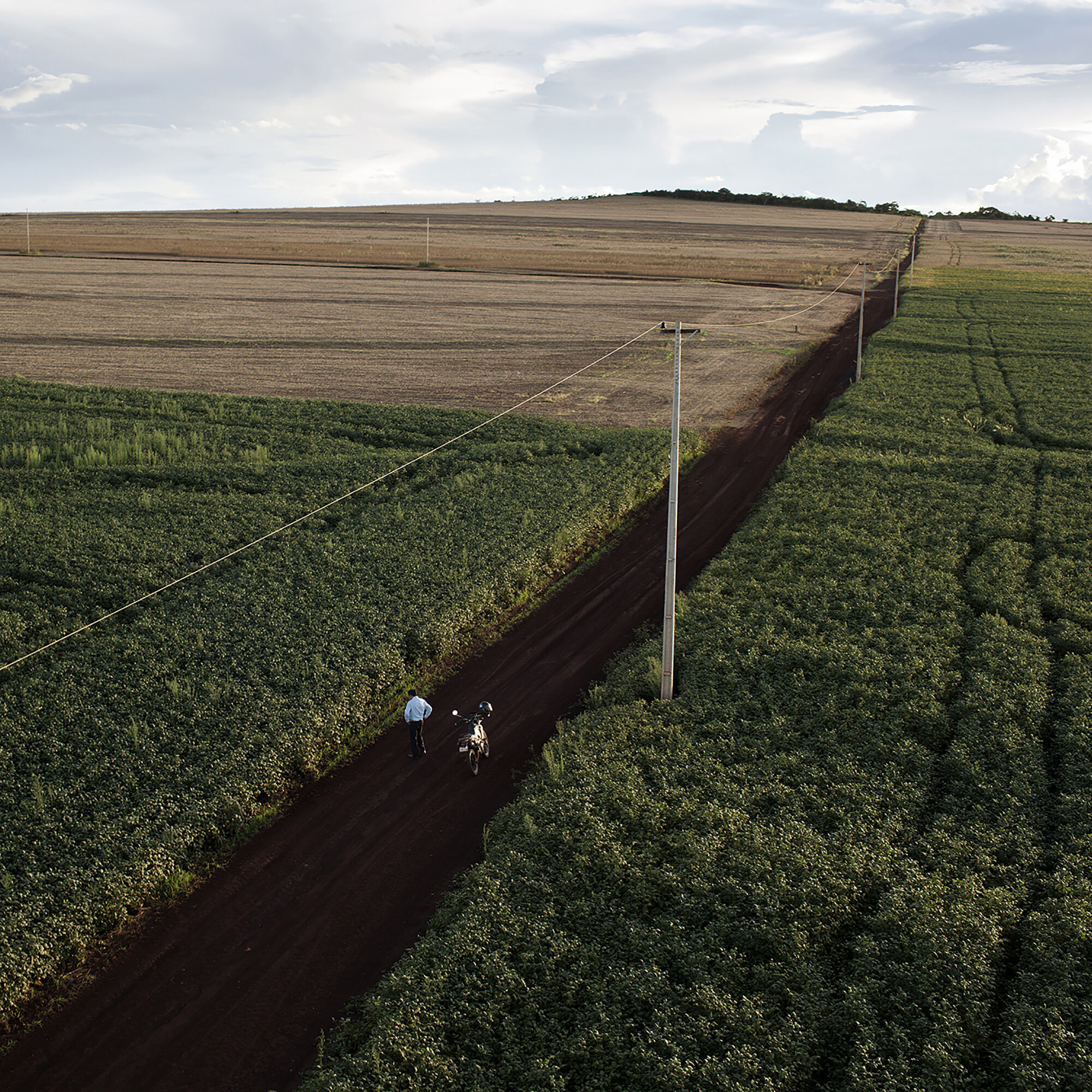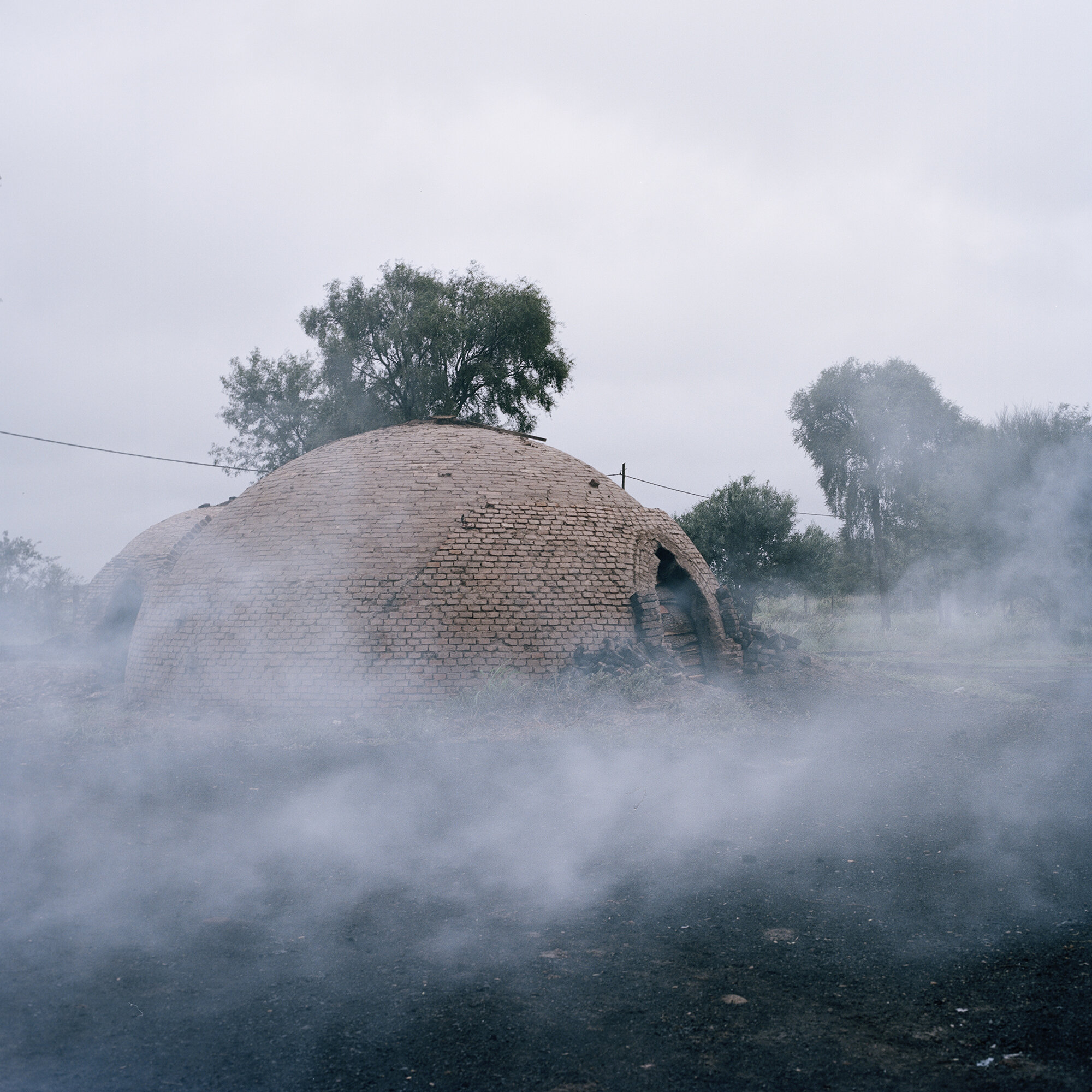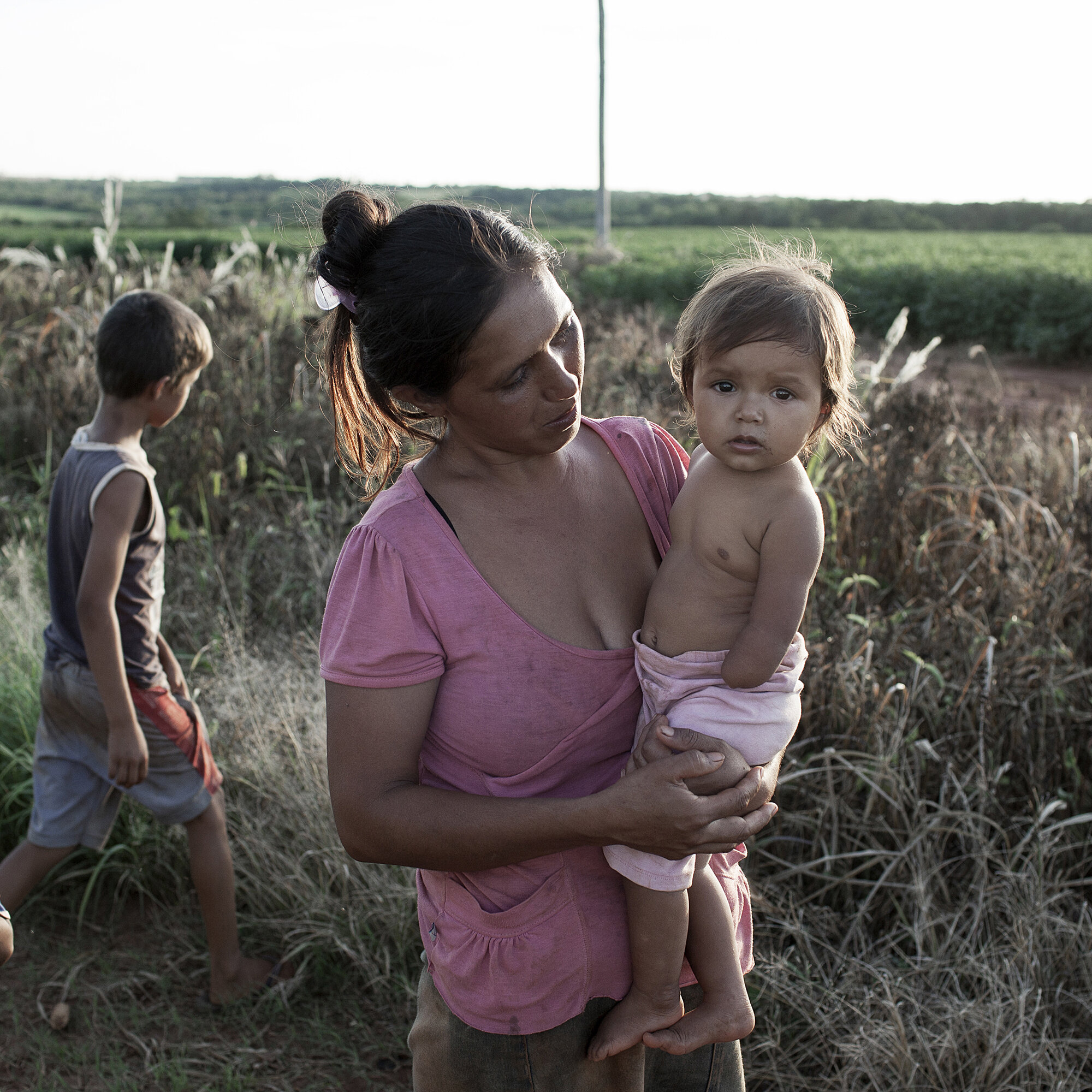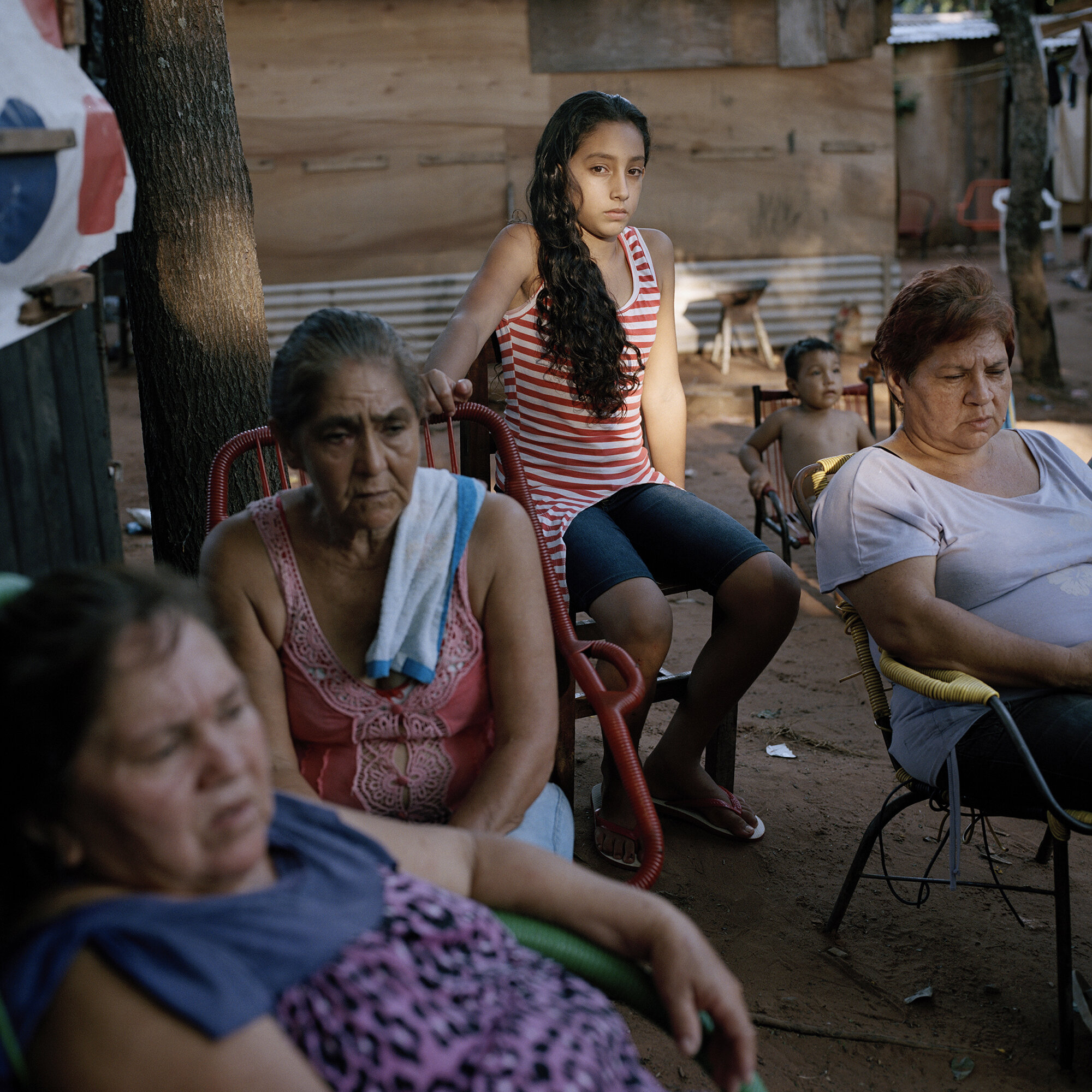“Being an independent photographer is often a bumpy road; it is difficult to find other professionals to share ideas and to receive productive critique on one’s work, as well as the time to do that oneself. Docking Station offered exactly that, for which I’m very grateful. I believe the lessons learned were essential for the development of this project.”
DOCKER #26
Jordi Ruiz Cirera
A journey through the heartlands of the Southern Cone's agribusiness, The United Soya Republic is a portrayal of the changes to the landscape and the socio-economic tissue brought about by intensive farming and exportation of produce in Argentina and Paraguay.
Food insecurity has become one of the most pressing issues of our time due to long-term global developments such as climate change, population growth, water scarcity and the increasing demand for meat and dairy. Large estate agriculture focused on genetically modified seeds, and the substantial use of agrochemicals to improve harvests, has been implemented in several parts of the world, bringing together genetic engineering, food processing, and bio-fuels, with the underlying promise of tackling hunger.
Along several trips to the region, I met with landowners, labourers, activists, jobless farmers, and those affected by toxic pesticides put on the land in order to understand and illustrate the complexities of land issues and their effect on the local communities. There I documented the destabilizing effects of these growing agricultural shifts, witnessing cases of social unrest, deforestation, environmental contamination and internal migration—an issue that is ever more present in our world. After a while, I realised that the heart of the project would be to document the inequalities existing in the rural areas, inequalities made worse by the demands of the global market and neoliberal policies.
This work is part of a long-term photographic documentary with which I seek to speak of the challenges of food production and its distribution in our globalised world.
Who? Jordi Ruiz Cicera
From Spain
Docking August 29th - September 23th 2019
Working on The United Soya Republic
About Land issues related with agribusiness
Jordi Ruiz Cirera is an independent documentary photographer and filmmaker from Barcelona. Devoted to long-term projects, Jordi focuses on the effects of globalisation in small communities and how residents are adapting to it, and, since his relocation to Mexico City, on migration issues across the Americas.
He often works with international publications and has been the recipient of the Magnum Foundation’s Emergency Fund and the winner of global awards, including the Taylor Wessing Photographic Portrait Prize at the National Portrait Gallery in London, Magnum’s ‘30 under 30’, POYi, the Lucie Awards, Magenta Flash Forward, and the AOP’s Student Photographer of the Year. His work has been exhibited widely in galleries and at festivals, and belongs to a number of private collections.
In 2014, Jordi published his first monograph, Los Menonos, with independent publishing house Éditions du LIC. He holds a BA in Design and an MA in Photojournalism and Documentary Photography from the London College of Communication.
ambassador
AMELIE SCHÜLE
Curator at UNSEEN
As a consumer, in my private life, I pay a lot of attention to what I eat every day and to the origin of the food I have on my plate. I am one of those people who really studies the labels of what they eat. When I discovered Jordi’s project, I was immediately captured by the topic. Yet, the importance of this project is not only limited to the subject itself.
Jordi is a talented storyteller focusing on the effects of globalisation in small communities, and on how they are adapting to it. Looking at his photographs from The United Soya Republic feels like listening in real life to the voices of the people he meets and documents. Jordi has created a captivating and powerful narrative without it being dominated by shocking visuals. The descriptions that accompany the pictures reveal the depth of his approach in documenting the stories, providing data and connecting every singular story to the wider context of a country hit by the consequences of the agriculture industry.
I am sure that his residency at Docking Station will be a great opportunity for him to connect to the lively art community in the Netherlands and to create awareness for his project.


